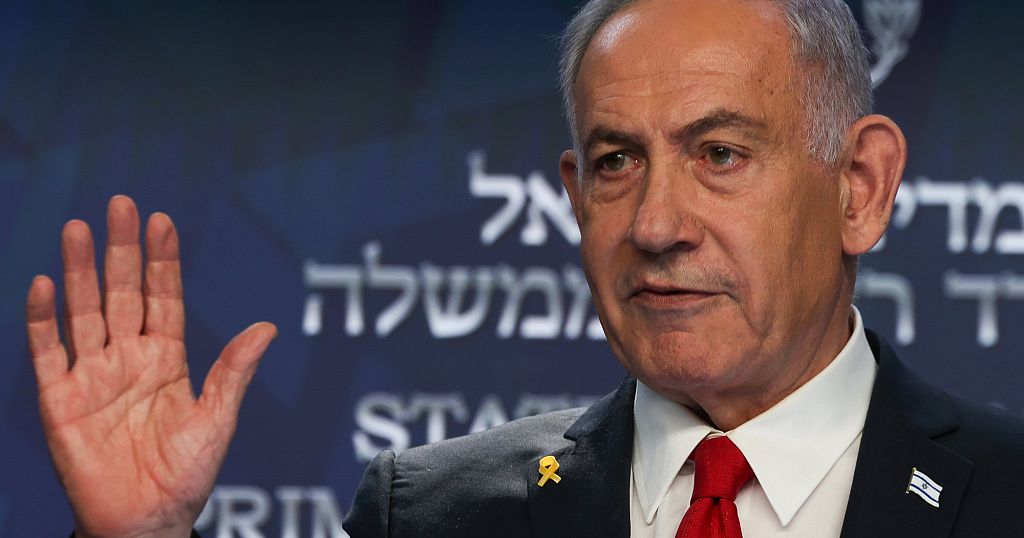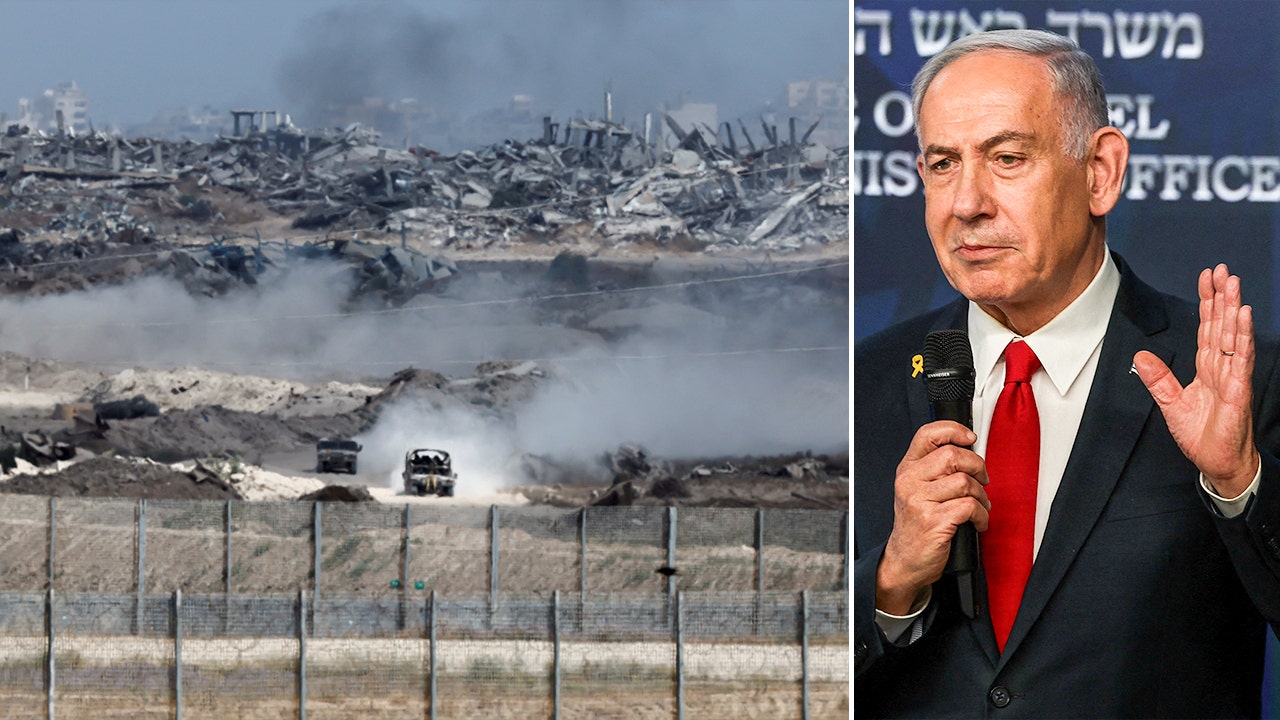Hamas agrees to US proposal on truce - World - Chinadaily.com.cn

Hamas has agreed to a proposal by US special envoy Steve Witkoff for a Gaza ceasefire, a Palestinian official close to the group told Reuters on Monday, paving the way for a possible end to the conflict.
The new proposal, which will entail the release of 10 hostages and 70 days of truce, was received by Hamas through mediators.
"The proposal includes the release of 10 living Israeli hostages held by Hamas in two groups in return for a 70-day ceasefire and a partial withdrawal from the Gaza Strip," the source said.
The proposal also stipulates the release of a number of Palestinian prisoners by Israel, including hundreds of those serving lengthy prison terms.
An Israeli official later said that no responsible government could accept Hamas' ceasefire proposal.
Israeli Prime Minister Benjamin Netanyahu has said Israel would only be willing to agree to a temporary ceasefire in return for the release of hostages, vowing that fighting can only end once Hamas is eradicated.
The latest development in truce efforts came as a high-level meeting among European and Arab countries took place in Madrid, Spain, on Sunday.
At the meeting, nations called for an end to the Gaza conflict and sought more relief as the current flow of aid falls short of people's needs, according to humanitarian groups.
The meeting also revived calls — led by Spanish Foreign Affairs Minister Jose Manuel Albares — for a two-state solution and pushed for sanctions on Tel Aviv, including the suspension of the EU-Israel Association Agreement and an arms embargo.
It came as the World Food Programme also warned that families in Gaza remain on the brink of starvation. Last week, the United Kingdom suspended trade talks with Israel while the European Union said it would review its ties with Tel Aviv.
The foreign ministers of Germany, France, Italy, Ireland, Portugal, Norway, Iceland, Slovenia and Turkiye were among those who attended the meeting chaired by Saudi Foreign Minister Prince Faisal bin Farhan bin Abdullah on Sunday.
Albares warned that silence over Israel's killing of Palestinian civilians "amounted to complicity".
Before the meeting, Albares told Al Jazeera that the gathering was also to raise the momentum for the upcoming United Nations General Assembly meeting in New York on Gaza — to be co-chaired by France and Saudi Arabia.
The members of the Ministerial Committee assigned by the Joint Arab-Islamic Extraordinary Summit on Developments in Gaza reaffirmed the importance of implementing the two-state solution, the Saudi Press Agency reported.
Meanwhile, Israeli strikes continued in Gaza. At least 36 people were killed and dozens injured early on Monday when the Israeli forces bombed the Fahmi Al-Jarjawi School, in the Al-Daraj neighborhood of Gaza City, the Wafa news agency reported.
In a joint statement, the Israel Defense Forces and Shin Bet security agency said the strike on the former school targeted senior Hamas and Islamic Jihad operatives who were using a command and control center embedded within the site. The military claimed the facility was used to plan attacks against Israeli civilians and troops, Israel's i24 news reported. The IDF also claimed that numerous steps were taken to mitigate the risk of harming civilians.
Haydar Oruc, a former researcher at the Center for Middle Eastern Studies in Turkiye, told China Daily that Israel has become increasingly isolated and cornered in the eyes of the international community.
"It should be kept in mind that neither the Madrid meeting nor the conference in New York will be enough to stop Israel without US support," Oruc said.
Oruc noted that the Madrid Group meeting showed that the international community "has recognized the realities in Gaza" and has "started to turn its back on Israel".
However, he said it should not be forgotten that the "US attitude" is "the decisive factor in this matter "and Washington needs to contribute to this process.
Jawaid Iqbal, chairman of the Department of West Asian and North African Studies at Aligarh Muslim University in India, said the Madrid summit, where Spain's foreign minister openly called for imposing sanctions on Israel, marked a shift in European views.
"The transformation has been gradual but palpable. What began as rhetorical hedging has evolved into more pointed criticisms and, increasingly, calls for concrete action," Iqbal told China Daily.
Agencies contributed to this story.













